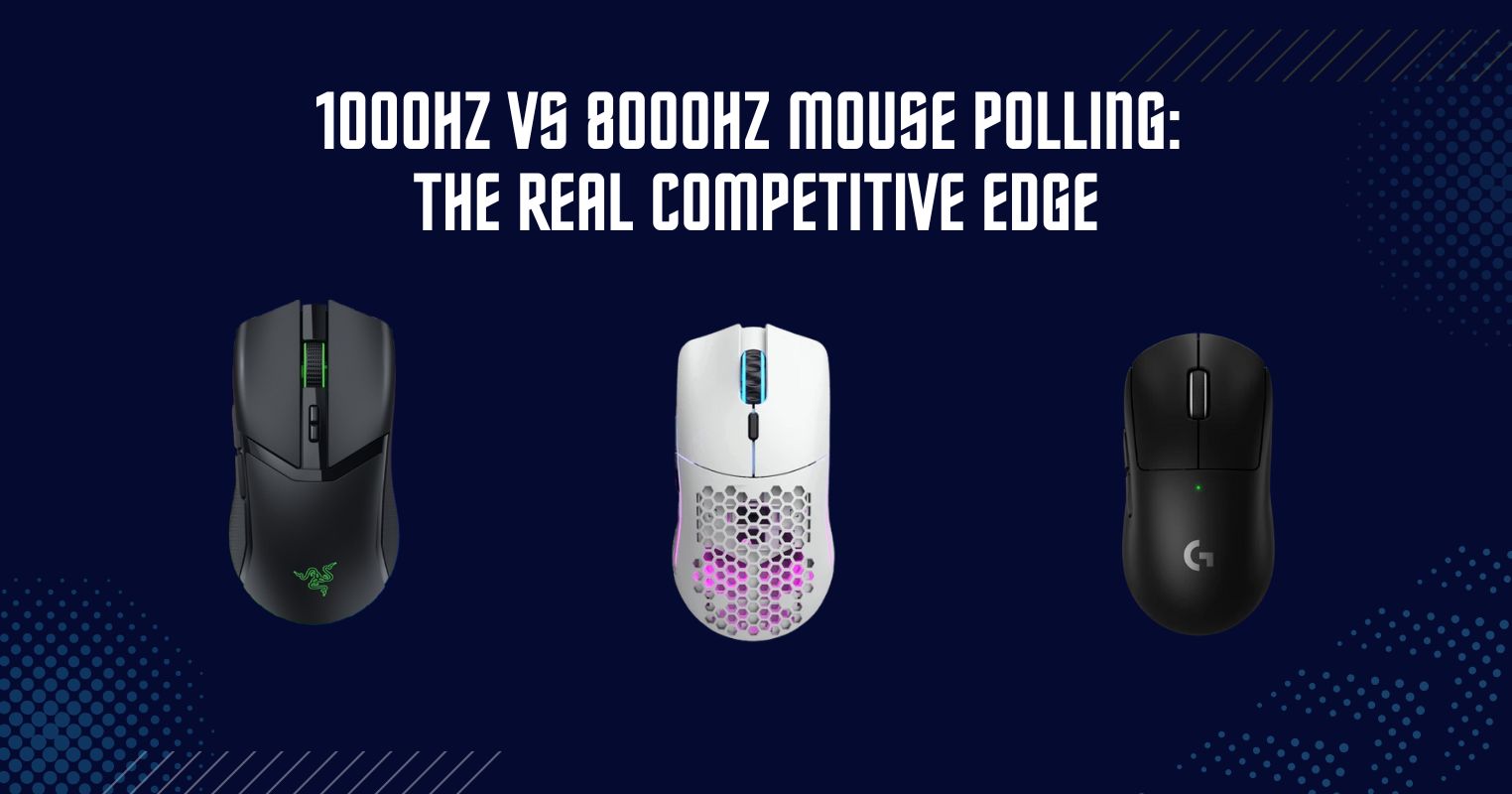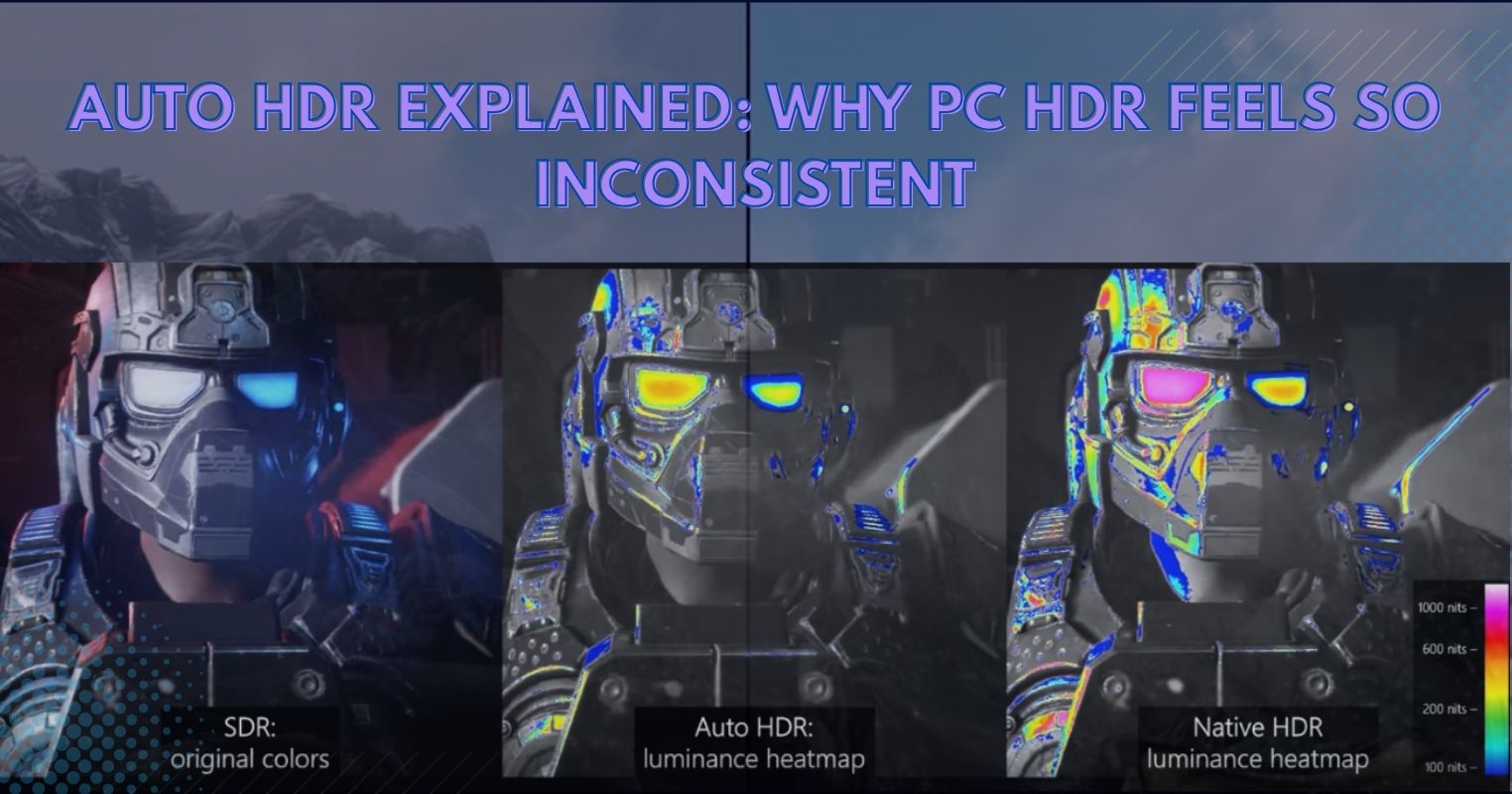- Microsoft’s Windows Defender has gotten a lot better with recent updates, being able to detect the most common threats.
- While Windows Defender still has its limitations, it proves to be more than enough for the average user.
- Third-party anti-viruses will undoubtedly strengthen the security of your system, making them useful tools even in 2024.
A couple of years ago, a third-party anti-virus suite used to be an absolute necessity for every system. Those days are now over since built-in security systems for Windows and other software have seen monumental improvements. Does that mean Windows Defender is the only antivirus you need or are other software still worth considering?
How Well Does Windows Defender Hold Up?
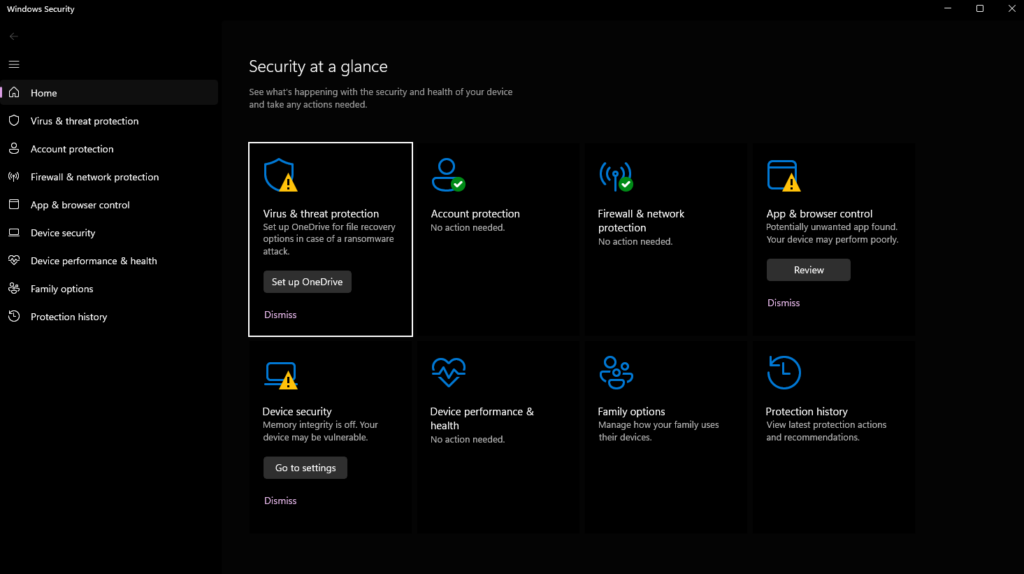
Over the years, Microsoft has managed to improve the Windows Defender a lot. In fact, the latest version even managed to score a 6/6 in AV-Test’s review, which is considered better than the industry average.
As demonstrated in The PC Security Channel’s video, Windows Defender managed to block most of the malware thrown against it, keeping the system alive throughout the entire test. Adding on to that, the performance disadvantages of Windows Defender aren’t drastic either, showcasing performance figures that are better than the industry average.
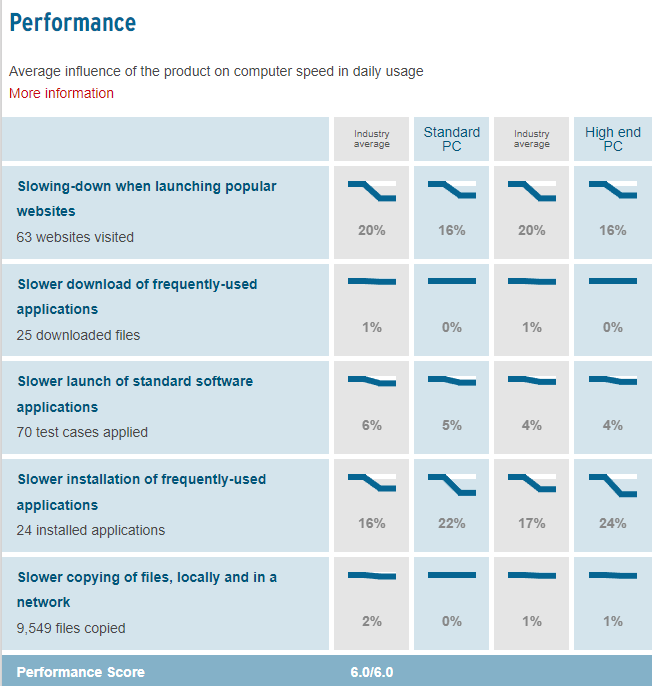
Where it did fall slightly behind was in the Ransomware test; however, tweaking a few settings using Defender UI improved the detection rate, allowing it to defend against all of the Ransomware attacks as well.
What Do You Miss Out On?
There’s no denying that Windows Defender has gotten a lot better, especially when compared to older versions. Despite that, there is still quite a lot you miss out on when sticking to Windows Defender. Keep in mind that most of the features I have listed are mostly exclusive to paid anti-virus applications.
- Better Offline Security: While Windows Defender might go head to head against other software in online tests, its offline detection cannot necessarily compete on the same level. Since other software makes use of local resources, they can be a more secure option for anyone who isn’t online at all times.
- Extra Features: Most paid anti-virus software also comes with additional features, such as VPNs, password managers, and parental controls.
- Large-scale functionality: While Windows Defender is fine for personal use, large-scale corporations might want to use a paid anti-virus to monitor the security of multiple devices within the same network.
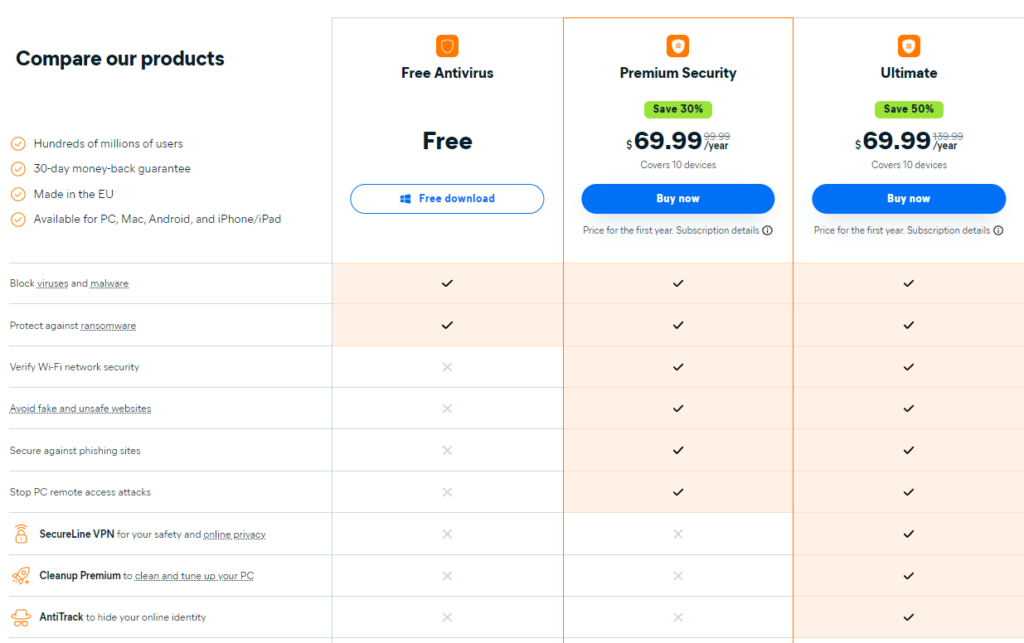
If the addition of all of these features seems superfluous to you, then sticking with the built-in Windows Defender might be the best option. What’s more, all of these extra features can increase the overall load on your system, which isn’t ideal for anyone working with a lower-end system.
Why Haven’t I Made The Switch?
Personally, I haven’t felt the need to make the switch to a third-party anti-virus software, and my decision to stick to Windows Defender has only strengthened with each Windows Update.
Even when taking Windows Defender out of the equation completely, virus detection on browsers has gotten fairly decent. In my case, Google’s Safe Browsing works well, automatically stopping any suspicious downloads.
In addition to that, the previously mentioned features found in paid anti-virus software aren’t something that makes a difference, which makes them a bad value proposition for me. Speaking of additional features, their absence on Windows Defender also makes it less resource-intensive, allowing me to get the best possible gaming experience.
As far as free applications are concerned, I find Windows Defender to be the best option, especially considering past cases of data breaches from applications such as Avast. Of course, the level of security it provides has proved to be more than enough for my personal use case.
With that out of the way, let me make my point very clear, I’m not against the use of third-party anti-virus software. In fact, there are a lot of cases where one can actually be a huge benefit for you. However, my personal needs are adequately met by the default security measures implemented by modern applications.
Windows Defender Is Good Enough
To sum up, for most of my needs, Windows Defender has proved to be a better choice than most people give it credit for and that will also hold true for a lot of users. Naturally, adding an extra layer of security through a third-party anti-virus suite is still recommended if you want to improve the security of your system; however, that is no longer a necessity for most people.
Thank you! Please share your positive feedback. 🔋
How could we improve this post? Please Help us. 😔
Moiz Banoori, with a decade of experience in gaming and tech journalism and a degree in journalism, is a notable figure in the industry. He has contributed to various esteemed platforms, showcasing his expertise in both reporting and opinion writing.


